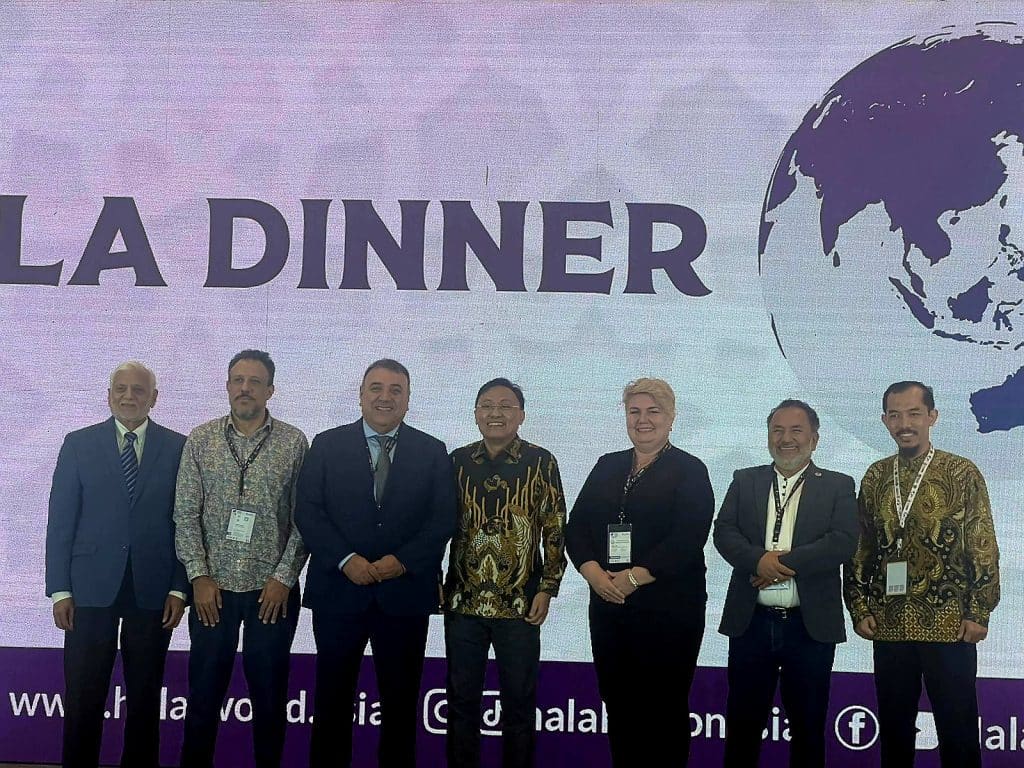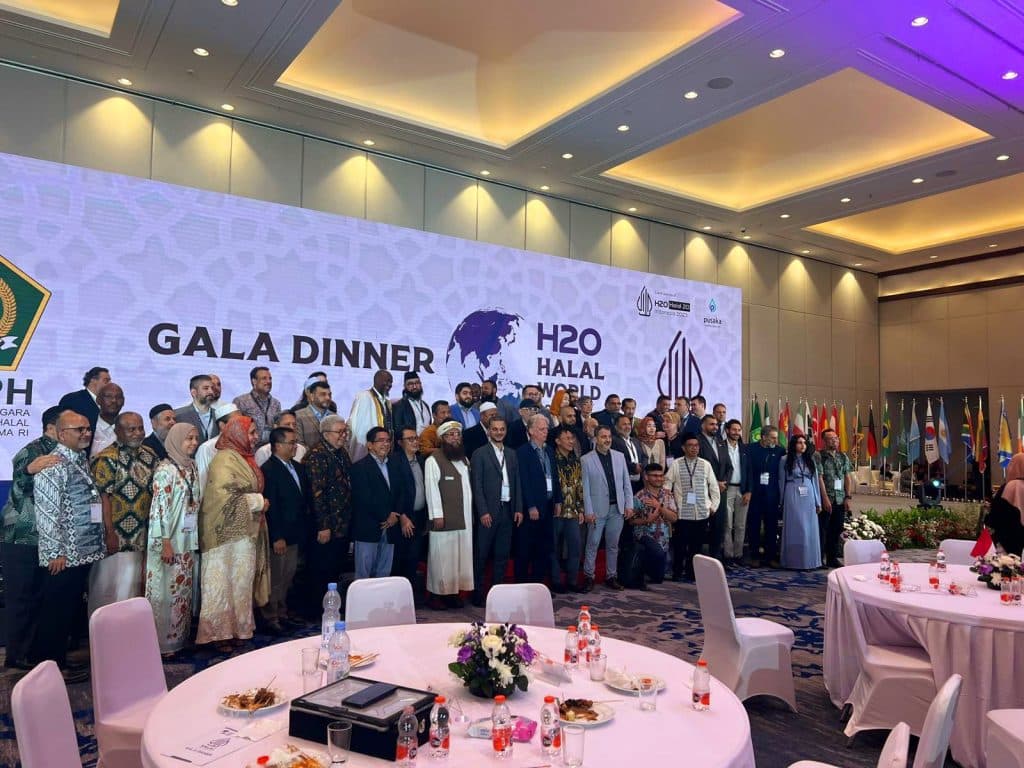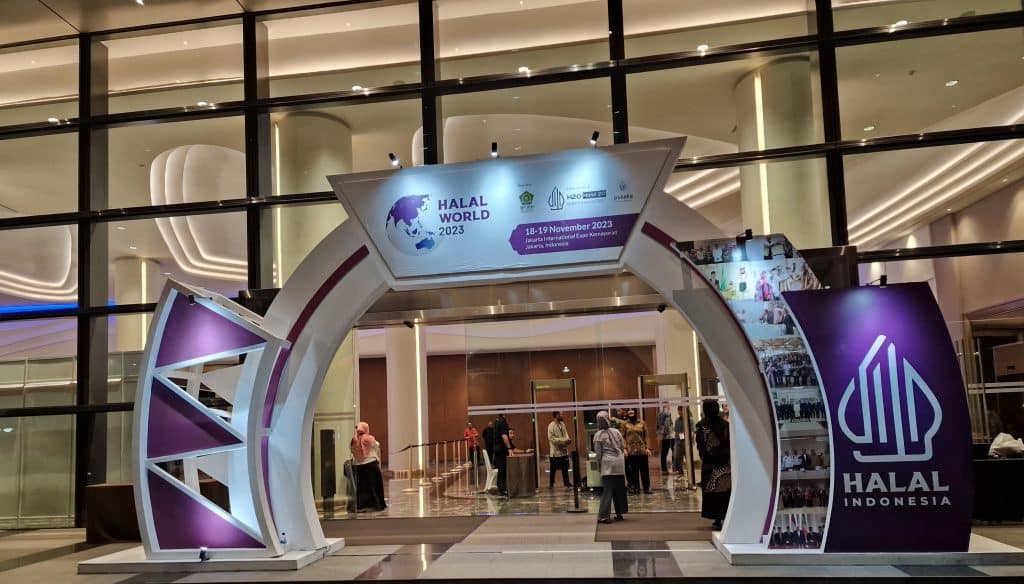In Jakarta, a city full of life and activity, the team from Halal Quality Control (HQC) was excited to be part of the second H20 event. This important gathering was put together by Indonesia’s BPJPH, the organization in charge of Halal Product regulations in the country. People from all corners of the earth came together to share updates and learn about new rules and procedures for Halal certification, especially for those from outside Indonesia.
The big topic of conversation was Indonesia’s Law No. 33/2014, which will start to be fully applied from October 2024. This law is a big step toward making sure that all kinds of products, like our food, drinks, medicines, beauty items, and even the way things are packaged and stored, meet Halal standards.
As we navigate through this transition, the BPJPH has outlined a clear stance: accreditation will be granted to a Foreign Halal Certification Body (FHCB) based on its country of origin. This decision has considerable implications, particularly for Europe, where the concept of cross-border certification is now challenged unless a Government to Government (G2G) agreement is brokered between the European Union and the Republic of Indonesia.
So far, 37 Halal certification bodies from around the world have signed an MRA with the BPJPH. Out of these, eight have gotten accreditation. These successful certification bodies come from South Korea, Thailand, Japan, Australia, New Zealand, the USA, and Latin America. Europe is still waiting for this process, and BPJPH plans to visit in 2024 to assess the European Halal certification bodies.

Halal Quality Control, which currently has eight applications in eight countries, has embraced this change head-on. Our applications have been acknowledged, and we await the BPJPH’s audit in the coming year with a strategy that encompasses all four scopes of accreditation: food and beverages, chemicals and flavors, slaughtering and meat processing, and cosmetics.
It is important to note that all FHCBs whom were previously approved by LPPOM are still considered as accepted until Law No. 33 is enforced.
But this isn’t just about HQC or any single organization; it’s a call to action for European officials, embassies, ministries, and associations to rise to the occasion. The clock is ticking, and as countries like Chile, New Zealand, and Hungary have shown through their government-to-government agreements, proactive steps can pave the way for seamless trade relations in the Halal sector.
Looking ahead, the next H20 event awaits us in Brazil in 2024.
As we continue on this journey, HQC remains dedicated to fulfilling our promise, ensuring that when October 2024 arrives, we stand ready to navigate the new Halal landscape, delivering the quality and compliance our clients trust us for.
In conclusion, the H20 event was not just a meeting of minds but a clarion call for preparedness and collaboration. As Halal Quality Control, we are committed to leading the charge, ensuring that we, along with our partners and communities, are ready for the changes ahead. We invite you to join us on this path to the future, a future where Halal is not just a certification but a global standard of excellence.



